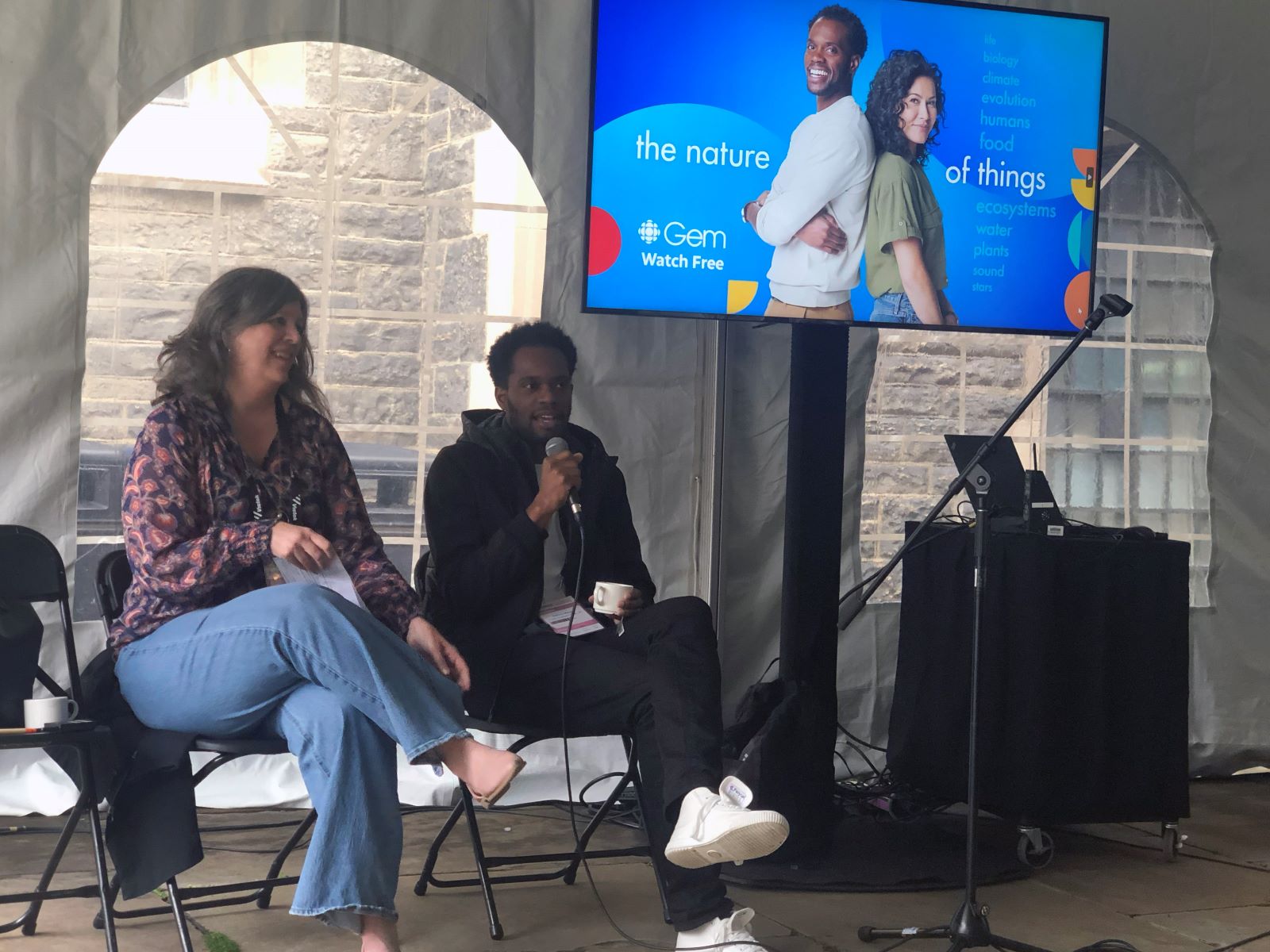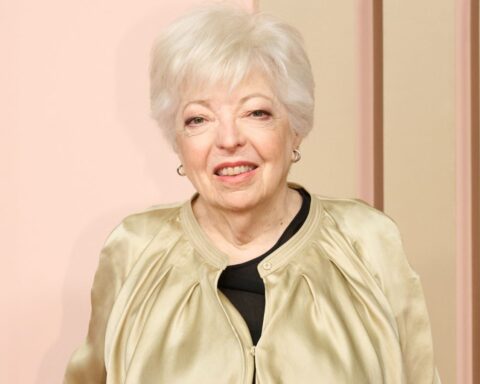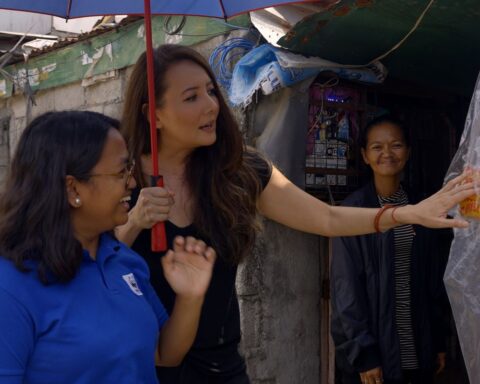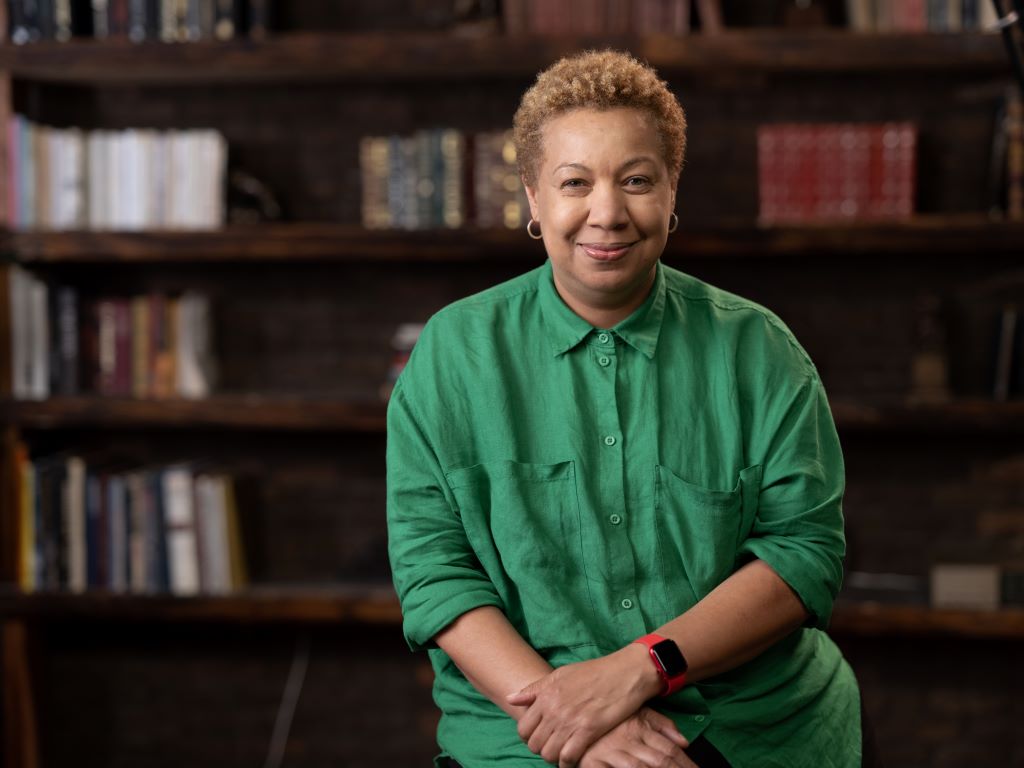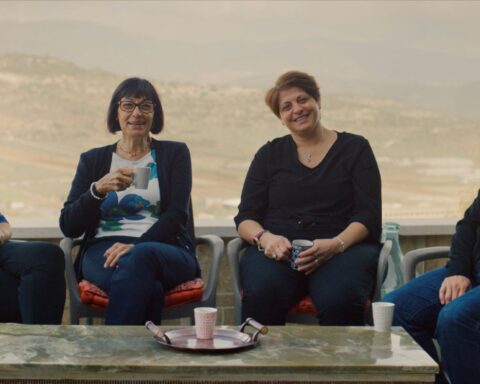After more than 60 seasons on the CBC, The Nature of Things is the longest-running science strand in the world, according Lesley Birchard, CBC Docs’ executive in charge of production.
And until last year, 44 of those seasons were hosted by broadcast icon David Suzuki, who retired in 2023 at the age of 87. In his place are two new hosts: his daughter, Sarika Cullis-Suzuki, a marine biologist, and environmentalist; and molecular scientist Anthony Morgan, an experienced doc host and creative director of education-focused start-up Science Everywhere.
Morgan joined Birchard at University of Toronto’s Hart House on Monday (April 29) to give producers an overview of the strand, along with tips and thoughts on how best to work with the network. They began with an overview that was vitally important to the doc-makers in the room: every episode of each season is made by an independent production company working with the CBC. Pitches should be structured around one of the show’s four main content pillars: animals; lost worlds; climate change and the environment; and the human body and brain.
Morgan and Cullis-Suzuki typically host around two-thirds of a season’s episodes (“We can only jet Anthony and Sarika to so many places,” Birchard joked), and international co-productions are encouraged. “We’re always looking for interesting projects with international partners,” Birchard explained, who encourages filmmakers to “always be thinking, ‘how can I take an innovative approach?’ Really think creatively about how you visually show scientific concepts. We want sciences stories, not science lessons.”
Among the highlights from the recently aired first season to feature the new hosts, were two episodes that producers could take particular note of: “Love Hurts,” which examined the science of heartbreak; and “Butt Seriously,” which examined the science of… well, butts.
The former “was just a fascinating exploration of what happens when our hearts are broken,” said Morgan, “exploring what that means for our bodies, our brains and our souls.” He added that “I really liked how much we got to play around with the format,” while staying within the show’s 44-minute model. “There was some structure but there was also lots of possibility for serendipity,” he said. “It’s based in real science, [with a view that] science tells us what’s possible, society tells us what’s right.
As for “Butt Seriously,” it was a reminder that science programming “doesn’t have to be serious or playful, it can be both,” he said. “I love to remind people how to explore like we did when we were kids. How to be curious.”
Morgan is currently working on an episode, and a PhD, centred on the science of decision-making. And in terms of when he likes to get involved with a filmmaking team, “I really love getting to work with producers early on,” he offered, as opposed to being “parachuted in like a performing monkey,” once a documentary is effectively already complete. “I got into this business because I really love thinking about science,” he explained.
Among the new installments currently in production: Little Miss Sleepy, a documentary about a young woman who has narcolepsy; Wrought, which features “stunning time-lapses of rotting things,” according to Birchard; and an as-yet-untitled episode about hummingbirds.
Birchard also pointed to The Nature of Things 101, a recently launched online shorts series, as an alternate avenue for producers to approach, freed from the constrains of the 44-minute TV format.
Though she wouldn’t be drawn on the strand’s exact budget range for productions, she said it was “really wide-ranging,” explaining that it really depended on the scope, scale and timeframe of a production. “There are some really big budgets, especially for the wildlife ones,” which can take a very long time to make, she said. “We always want to start with the story first,” before working out numbers.
As for rights and ownership, that can change from production to production. “Each one is its own special and unique flower,” Birchard reflected. That said, generally the CBC wants, at minimum, domestic Canadian rights for at least six years–and sometimes as many as eight or 10 years, especially for bigger productions or those with a more evergreen appeal. Producers typically get to keep international rights; however, execs warn against doing a U.S. deal first, which might contain provisions that make Canadian exploitation untenable. In general, producers should familiarize themselves and “know the CMF guidelines inside-out.”
As for short documentaries, “we generally try to fully fund them if we can,” Birchard assured.
Finally, in terms of when best and how best to pitch either herself or Sue Dando, the head of The Nature of Things, “our preference is to be working with you at the earliest stages” of development possible, she said, directing filmmakers to the CBC’s official independent producer’s pitch portal. She added that producers should not be intimidated by the prospect of sending a pitch “into the void” via the online submission form. “We review all the pitches” personally, she assured.




